- Home
- Resources & Programs
- Water Quality
- Water Quality Monitoring
| History of the Water Quality ProgramThe Muskoka Lakes Association (MLA) celebrated the 20th Anniversary of the current Water Quality Initiative (WQI) in 2020. In just two decades the WQI has become one of the MLA’s most significant programs thanks to our small army of volunteers from throughout the Muskoka Lakes. The MLA early MLA water testing program began in 1972. The WQI stemmed from MLA members’ concerns that the water in Muskoka may not be as clear, clean and pure as in the “good old days.” Water Quality Reports are a MLA member privilege, click here to log in.Not a member? Click here to join!Several MLA Board members, including Joe Moher, John Mollard and John Curran began working on a program to monitor lake health. Dr. Neil Hutchinson of Gartner Lee Ltd. was engaged and a science based water quality research program was developed. Also hired was graduate student Mike Logan (now a former MLA board member) who had an interest in remedial action through community involvement. Soon a group of committed volunteers were recruited and trained in sampling methodology, with the samples tested at the Dorset Environmental Science Centre. As the program grew, the contingent of volunteers expanded too. By 2007 additional monitoring was directed toward bays and smaller lakes that were classified by the District of Muskoka as over-threshold for phosphorous. There were several areas that were found to be of concern and soon groups from those areas were meeting to discuss what might be done to promote the health of the lakes. Questions were raised and not always answered satisfactorily, usually because the ecology of the lakes is very complex and many factors must be considered. Lake health is impacted on a daily basis by the weather, the natural evolution of a lake, climate change, development, aging or faulty septic systems and failure to protect the wetlands. Pollution is also caused by urban run off, fertilizers, golf courses, and agriculture. Most of these problems are caused by inadequate shoreline protectors such as natural vegetative buffers, lack of appropriate filtering systems and the myth that the lakes are able to look after themselves. Today the WQI Program continues with close to 100 volunteers sampling at over 175 sites every 2 weeks. Sampling begins on May 24th and continues to the end of August. A strong group of team leaders works closely with Jeremy Prahl, this year’s Field Coordinator. Dr. Bev Wicks of RiverStone Environmental Solutions of Bracebridge now acts as scientific advisor, assisting with technical decisions and providing a year end report Gord Ross, a cottager on Lake Joseph and also a MLA director has been volunteering with the WQI for many years. Gord says, “I wanted to do a small part in insuring that the water in our bay remains as it was over 50 years ago when we first began to cottage here.” Paul Hutchinson, a resident of Bruce Lake, recently joined the MLA program. He has been sampling the lake for many years through the Ontario Ministry of the Environment. “We learned the hard way” he says, “with algae blooms caused by unknowingly allowing pollutants to run into the lake.” Today conditions are much improved but lake residents still keep a close watch for changes. Susan Murphy, a Calgary resident, cottages on Walker’s Point and is a member of the MLA Water Quality Portfolio. Also a team leader, Susan states “Part of the reason we purchased a cottage here was to enjoy the spectacular lakes….nothing out West compares with them. Every time I swim or paddle my kayak I am so grateful to be able to do so in clean, fresh water. It truly is our most precious resource.” The work of the WQI continues with a committed group of volunteers who are involved in many ways. Team Leaders receive specialized training annually so they can perform the tests for coliform bacteria and E.coli using the Coliplate and a timed incubation period. Results are recorded, checked and graphed. Other volunteers deliver the Phosphorous samples to the MLA office in Port Carling where they are recorded and checked and then the samples are driven in cooler chests to Dorset. In keeping with the MLA’s Mission Statement “to promote the responsible use, enjoyment and conservation of the unique Muskoka environment” we will continue to sample the lakes and monitor the trends. Most areas have seen an improvement in Phosphorous levels although it is difficult to pinpoint why this is happening. It seems that the very best we can do is to engage in the best stewardship practices that are available to us and continue to educate ourselves and engage with others who are also committed to the health of the lakes. We will encourage our families, friends and Cottage Associations to learn all they can about implementing good Stewardship Practices. The District of Muskoka, the Muskoka Conservancy and others support The Muskoka Watershed Council completed the 2014 Report Card. Both the MWC Report card and the MLA WQI Reports can be found here. At the Freshwater Summit held last month in Bracebridge we were reminded of the importance of caring for our water. Henry Lickers, a member of Seneca Nation and the Director of the Department of the Environment for the Mohawk Council of Akwesasne spoke the Haudenosaunee Thanksgiving address. It contains teachings on how to conduct one’s self in harmony with the natural world. In part it says “We give thanks to all the Waters of the world for quenching our thirst and providing us with strength. Water is life.” Doug Cross Award 2024
VolunteeringHelp us and show your support for this important program! Water quality is important to almost everyone. If you feel that water quality is an important issue to you, and you haven't yet shown your support for the program, there are several ways in which you can do this.
|

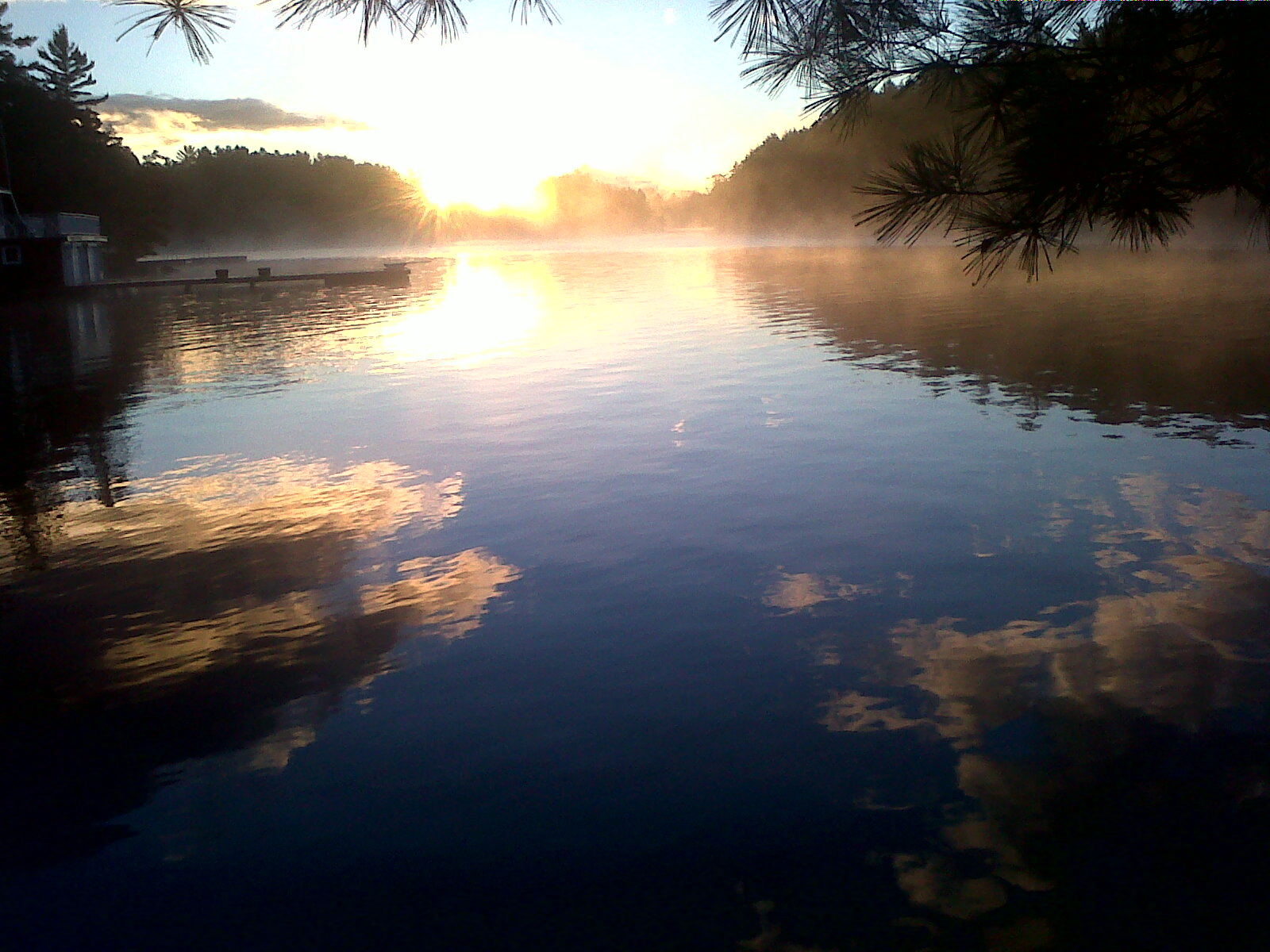

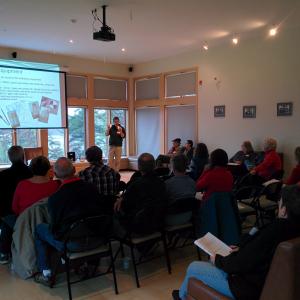
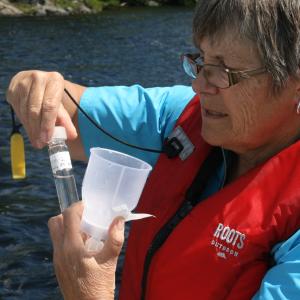
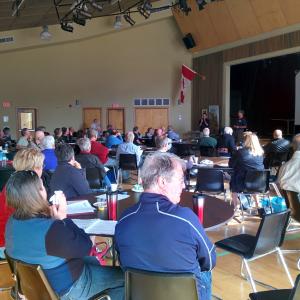
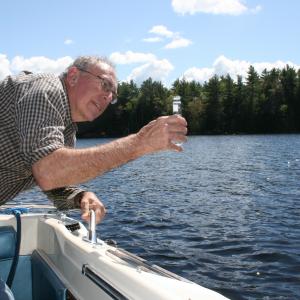
(Web-Image).jpg)

